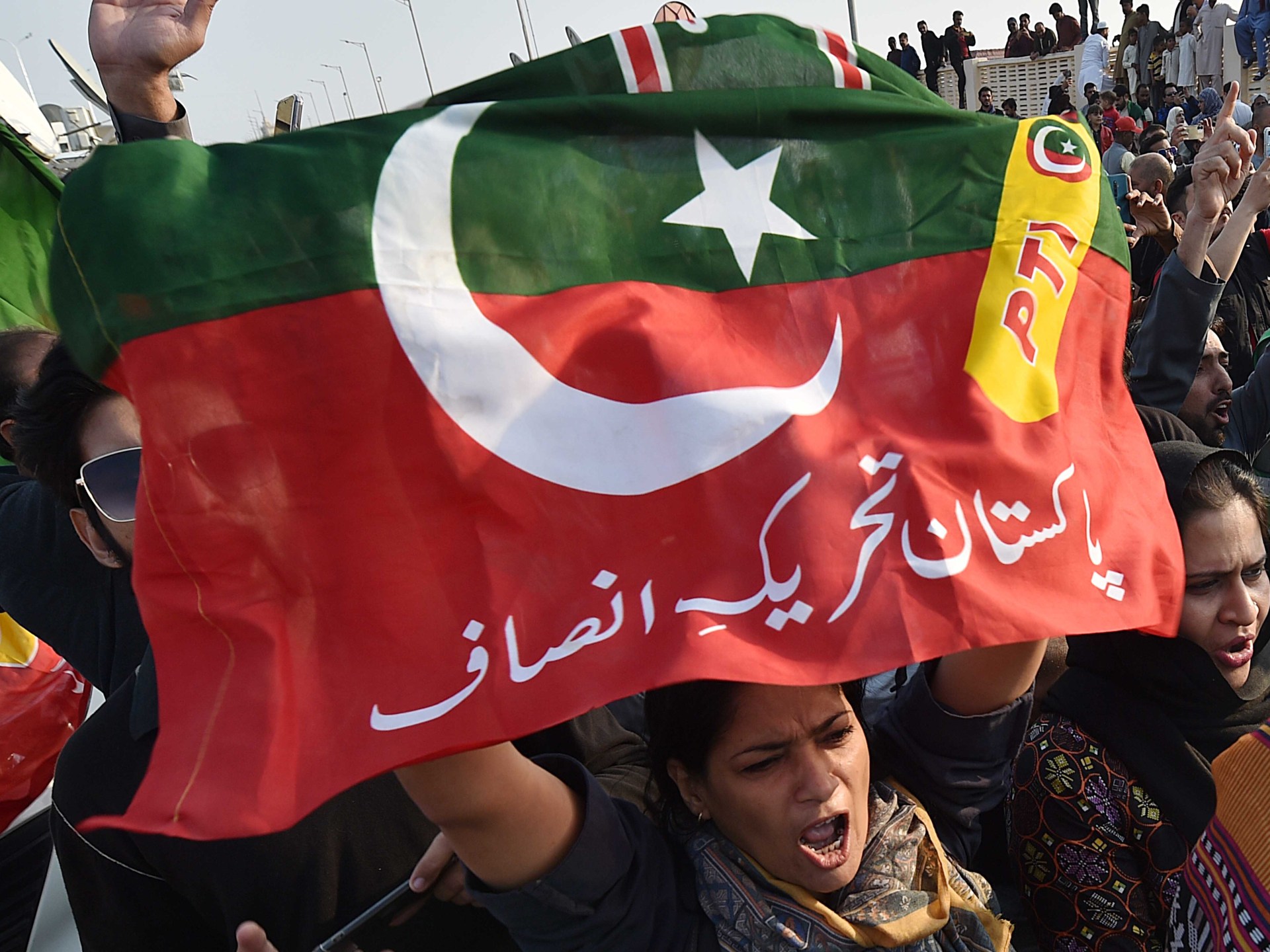The Pakistan Tehreek-e-Insaf (PTI) party, led by former Prime Minister Imran Khan, faced another setback as the Election Commission of Pakistan (ECP) ruled against the PTI-backed Sunni Ittehad Council (SIC), disallowing them from claiming allocated reserved seats in the national and provincial assemblies.
Due to a ban on their electoral symbol, PTI had instructed its candidates to join the SIC to bolster their representation in the National Assembly after being unable to contest recent elections.
In a 4-1 decision, the ECP stated that the SIC had failed to submit a list of reserved candidates within the specified deadline. This ruling affects the distribution of the 70 reserved seats in the National Assembly and 149 in the provincial assemblies, with a majority of these seats already allocated.
PTI criticized the decision, calling it an assault on democracy, and announced its intention to challenge it in higher courts. Failure to overturn the ruling could further weaken PTI’s position in parliament, potentially allowing the ruling coalition to gain a two-thirds majority.
PTI’s Battle for Reserved Seats in Pakistan’s Parliament (Credits: Al Jazeera)
Reserved seats play a crucial role in Pakistan’s political landscape, with 60 reserved for women and 10 for minorities in the National Assembly. These seats are allocated based on proportional representation after general elections.
During the recent elections, PTI fielded candidates as independents due to the ban on their party symbol. Despite facing challenges, PTI emerged as the largest bloc, winning 93 seats. However, PTI opted not to form a government with major parties and instead allied with the SIC to claim reserved seats.
The ECP’s decision has been met with criticism from legal experts who question its legality and fairness. Some argue that distributing unallocated seats to smaller parties is unconstitutional.
The impact of the ECP ruling could strengthen the ruling coalition’s majority in the National Assembly if PTI’s legal challenge fails. However, if PTI succeeds in reversing the decision, it could gain additional seats in the assembly.
Legal experts express skepticism about PTI’s chances of a favorable verdict in higher courts, citing previous rulings and interpretations of election laws.
